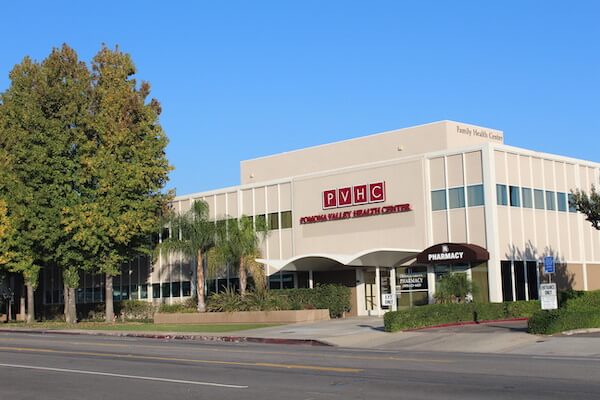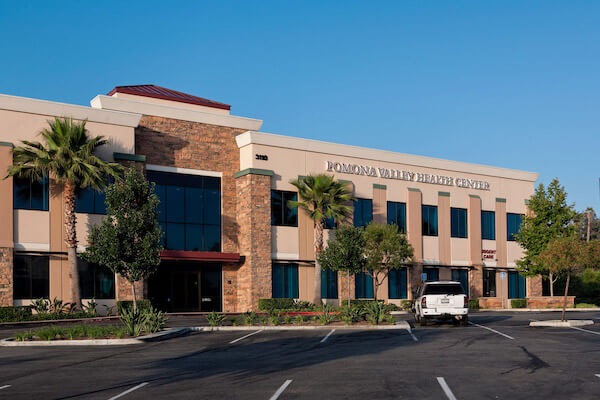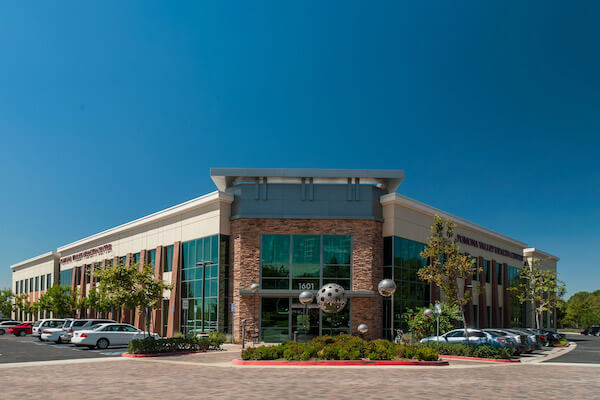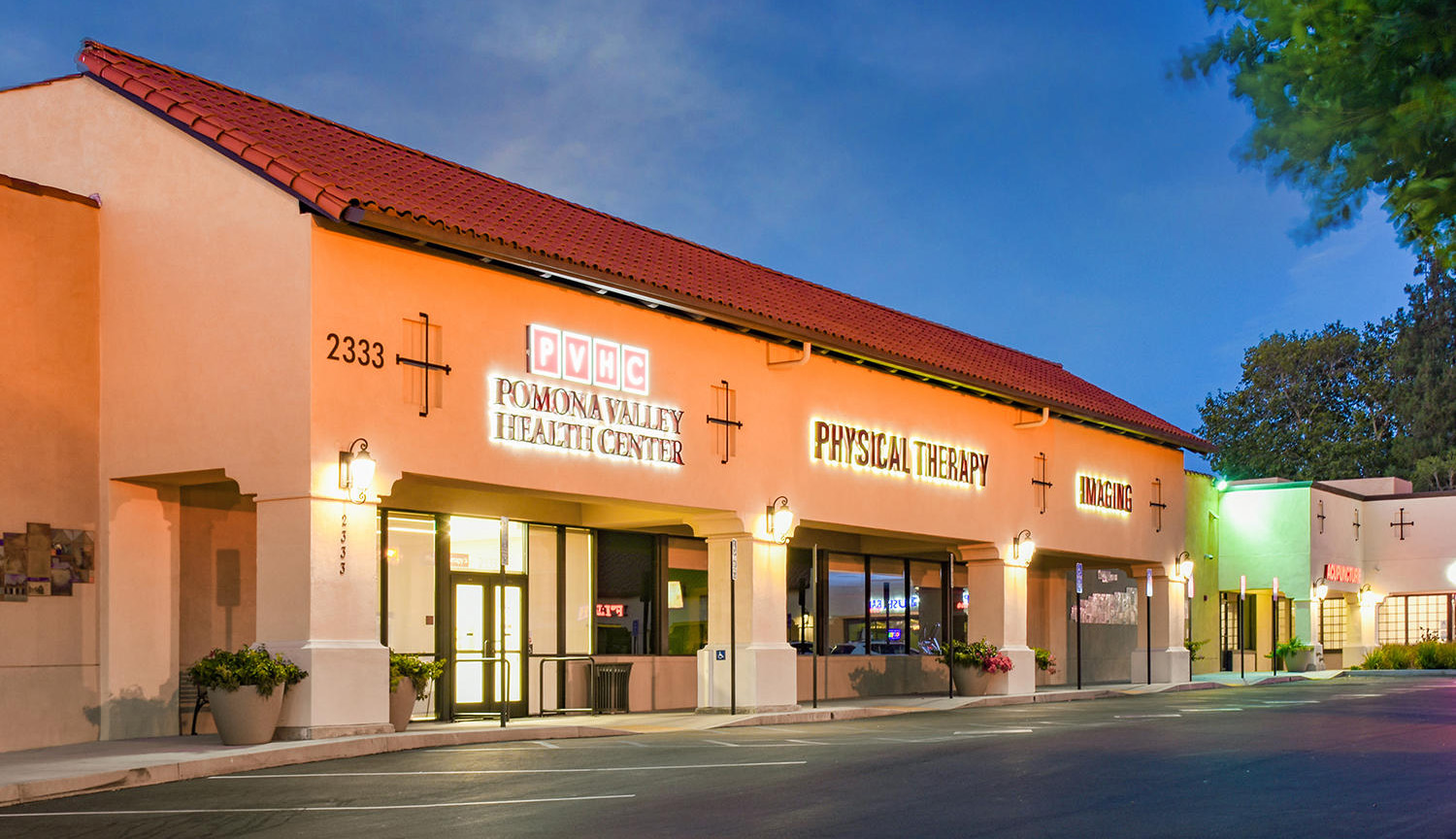While the food supply in America is among the safest in the world, the FDA reports that approximately 48 million cases of foodborne illness (commonly called food poisoning) occur each year nationwide. September is National Food Safety Education Month, so check out these important tips to avoid this unfortunate occurrence.
When you go to the grocery store, take note of the cleanliness of the establishment. What’s your general impression of the facility? Does it look and smell clean? Make sure you’re purchasing food from a trusted source that abides by state and federal food regulations.
Keep raw meat, poultry and seafood separated from other foods in your shopping cart. You can do this by putting these foods in individual plastic bags to prevent their juices from dripping on other foods. Look for pasteurized milk, cheese, ciders and juices, and check the expiration dates to avoid expired food.
Don’t purchase food that’s packaged in damaged cans or containers. Avoid cans that are bulging or dented, and don’t buy food in jars that are cracked or have loose or pushed-up lids. These are signs that the food is either tampered with, contaminated or both.
It’s important to refrigerate or freeze perishable products as soon as possible once you return home from grocery shopping. Use the “two-hour rule,” as harmful bacteria can begin to multiply after this time frame.
Make sure to wash your hands with hot, soapy water for at least 20 seconds before and after you cook. Thaw food in the refrigerator, not on the kitchen counter. Use two cutting boards –– one for raw meat and one for fruits and vegetables. Cook foods thoroughly to kill harmful bacteria and use a thermometer to check that meat and poultry reach a safe temperature.
Refrigerate leftovers as soon as possible. Date leftovers, and use them within five days. Leftovers should be reheated to at least 165 degrees Fahrenheit. Don’t leave perishable, cooked food at room temperature longer than two hours. Discard anything that looks or smells rotten.
With the use of these helpful tips, you can help yourself and your family avoid harmful foodborne illnesses. For more information about the dangers and risks of food poisoning, or to schedule an appointment with an experienced physician, call Pomona Valley Health Centers today at (909) 536-1493.




